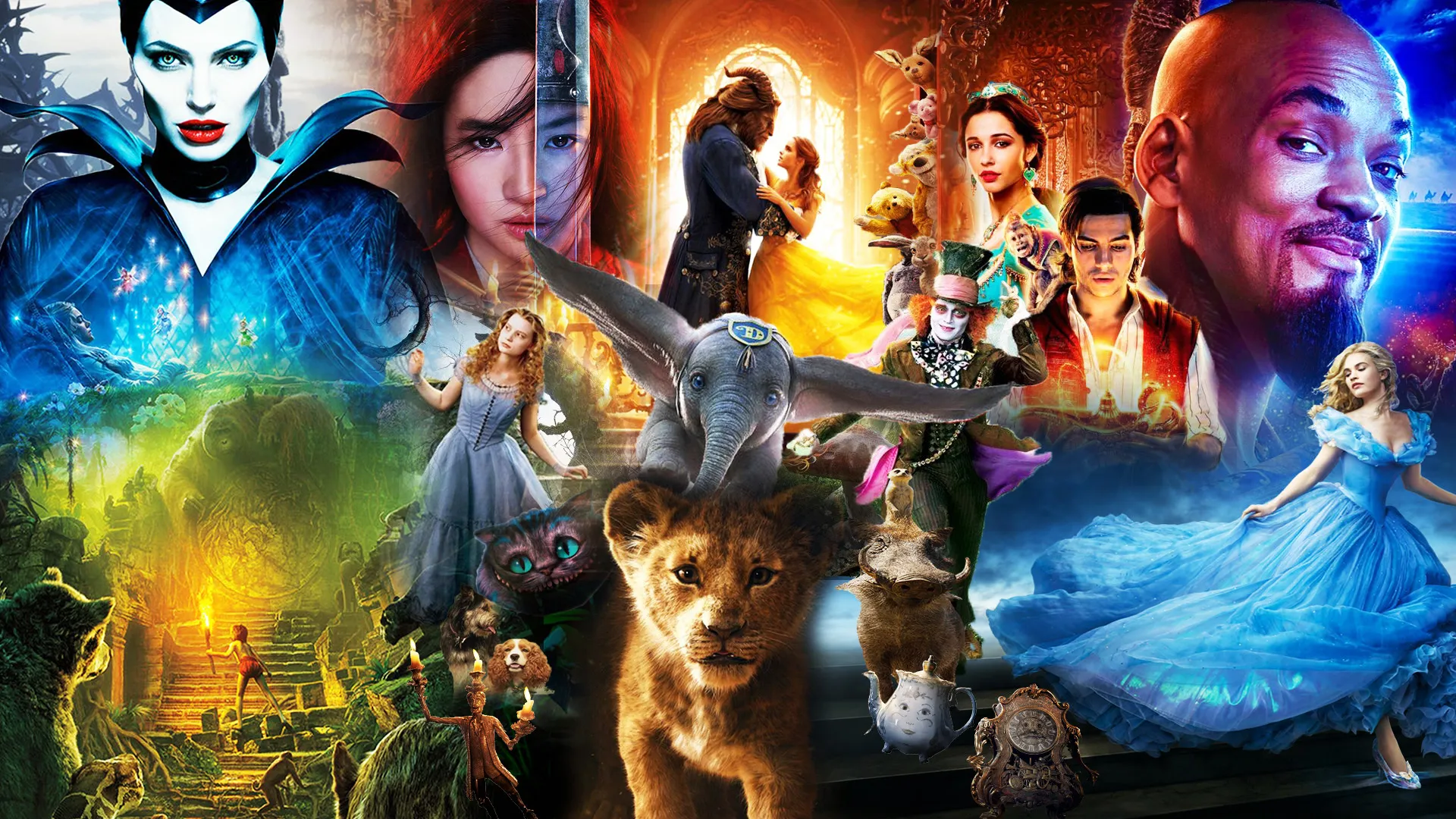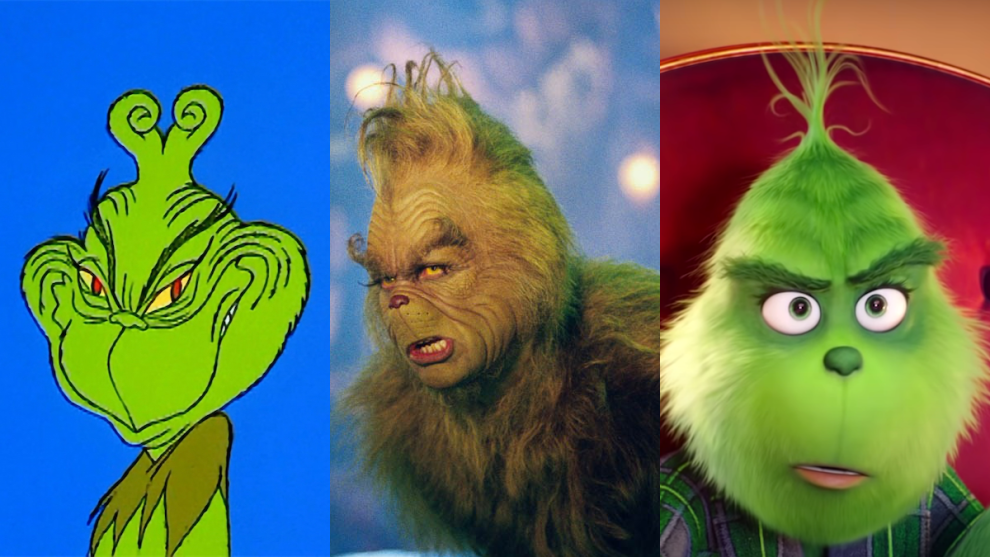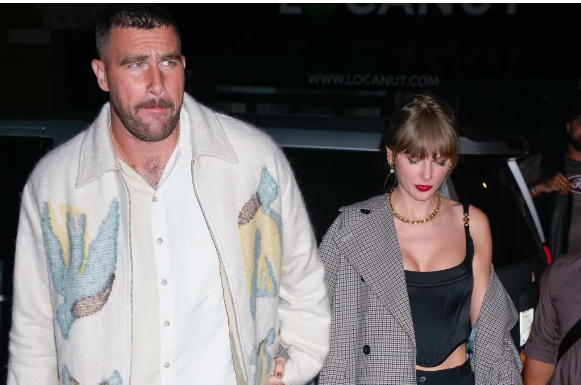In recent years, Disney has taken a trip down memory lane, revisiting its classic animated films and bringing them to life through live-action remakes. While these adaptations have undoubtedly dazzled audiences with their stunning visuals and star-studded casts, a growing discontent is emerging among fans who argue that the magic of the originals is lost in translation. The question is begged: is the production of movies about entertainment or publicity? Disney has been known for years for their interesting plots and great movies with an inspirational message for people of all ages, but in recent years Disney has toppled movie production.
Disney’s remake trend kicked off with “Alice in Wonderland” in 2010, and since then, beloved classics such as “Beauty and the Beast,” “The Lion King,” and “Mulan” have undergone the live-action treatment. While these films have raked in considerable box office revenue, the critical response and audience reception have been mixed at best.
One common criticism revolves around the notion of “nostalgia fatigue.” Many fans cherish the original animated classics from their childhoods, and the attempt to recreate the magic often falls short, leaving audiences yearning for the charm and authenticity of the originals. The sentiment is summed up by Emma Thompson, a Disney enthusiast who shared her thoughts: “There’s something about the hand-drawn animation and the innocence of the originals that can’t be replicated. The remakes feel like a polished version with no soul.”
Another point of contention is the question of creativity and originality. Some argue that Disney’s focus on remakes is indicative of a lack of new ideas, as the entertainment giant appears to be relying on past successes rather than taking risks with fresh and innovative storytelling. Critics believe that the company’s fixation on reimagining its classics stifles the potential for new and exciting narratives.
Furthermore, the casting choices in these remakes have sparked controversy. While the inclusion of A-list actors and actresses is intended to draw audiences, it has also led to accusations of “whitewashing” and cultural insensitivity in certain adaptations. The 2019 version of “Aladdin” faced backlash for its casting of non-Middle Eastern actors in key roles, raising questions about representation and authenticity.
Social media platforms have become hotbeds for discussions on the subject, with hashtags like #KeepTheMagicAlive and #NotMyAriel trending as fans voice their concerns. Online petitions urging Disney to focus on original content have also gained traction, indicating a groundswell of discontent among the fanbase.
In response to the criticism, Disney executives have defended their remake strategy, emphasizing their commitment to introducing beloved stories to new generations. However, with each new live-action adaptation, the divide between nostalgic enthusiasts and those yearning for fresh content widens.
As Disney continues to navigate the delicate balance between honoring the past and forging a new path forward, one thing is in question: is Disney trying their best to stay relevant in the movie world with outstanding and inspiring characters or is it all for pleasing people and for publicity?




